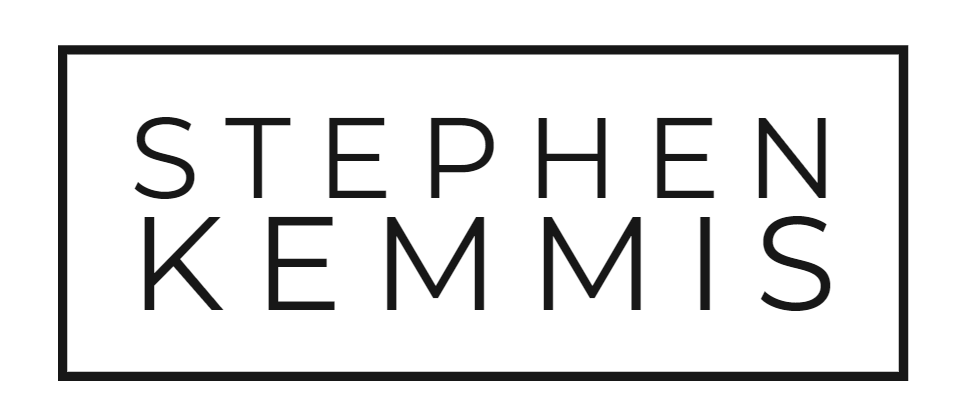At the Centre for Applied Research in Education, University of East Anglia, I worked with colleagues on the development of case study methods in evaluation, on “democratic evaluation”, and on an idiographic approach to the evaluation of student learning with computers. I also developed approaches to assisted self-evaluation through a variety of school-based projects in the late 1970’s early 1980’s, and through projects at Batchelor College in the Northern Territory in Aboriginal education and teacher education. In the last two years, I have been developing the notion of “communicative evaluation” with colleagues in Finland. I have worked on a wide variety of large and small evaluation projects. My program evaluation studies include the evaluation of the British National Development Programme in Computer Assisted Learning, the OECD Pacific Circle Consortium, the Victorian Transition Education Program, the Victorian Participation and Equity Program, the National Schools Computing Program of the Australian Schools Commission, the NSW Priority Action Schools Program, and the Mid-Term Review of ‘Partners in a Learning Culture’, Australia’s national strategy for vocational education and training for Indigenous people. My institutional evaluation studies include an independent evaluation of Geelong Grammar School, and reviews of a number of departments, schools and research centres in universities. I have conducted a number of meta-evaluation studies (evaluations of evaluations), the most recent being the meta-evaluation of the Center for Instructional Research and Curriculum Evaluation (University of Illinois) Evaluation of Reader Focused Writing for the US Veterans’ Benefits Administration. My participatory evaluation studies include work with various schools and universities, and some Aboriginal communities, in self-evaluation and participatory action research projects. I have been an evaluation consultant to a wide variety of projects, programs, institutions and organizations, in government, non-government and community settings. In addition to dozens of evaluation reports produced for specific projects, my publications in evaluation include: Evaluating Curriculum (with Robert E. Stake), Deakin University Press, 1988; Transition and Reform in the Victorian Transition Education Program (with David Dawkins, Lynton Brown, Barbara Cramer and Terry Reilly), Transition Education Advisory Committee, Victoria, 1983; Coming to Terms with Computers in Schools (with Chris Bigum and others), Deakin Institute for Studies in Education, 1987; Dilemmas of Reform: The Participation and Equity Program in Victorian Schools (with Fazal Rizvi), Deakin Institute for Studies in Education, 1987; “A new view of evaluation: communicative evaluation” (with Hannele Niemi, Lifelong Learning in Europe, 1999, vol.4, no.1, pp.55-64); 2001 Implementation of the Western Australian Strategic Plan for Aboriginal Education and Training (with Dharmadasa Serasinghe, Western Australian Aboriginal Education and Training Council, Perth, 2004); Knowing Makes the Difference: Learnings from the NSW Priority Action Schools Program (with Susan Groundwater-Smith, New South Wales Department of Education & Training, Sydney, 2004; Partners in a Learning Culture: Blueprint for Implementation: Mid-term Review: Final Report (with Marianne Atkinson Thurling, Roslin Brennan and Casey Atkinson, Australian National Training Authority, Brisbane, 2004); and a book in preparation (with Hannele Niemi) tentatively entitled Evaluation in the Public Sphere: Opening Communicative Space (for the ‘Evaluation and Society’ series of Information Age Publishing, Greenwich, Connecticut). In 1986, I received the inaugural Australasian Evaluation Society ET&S Award for Outstanding Contribution to Evaluation.
